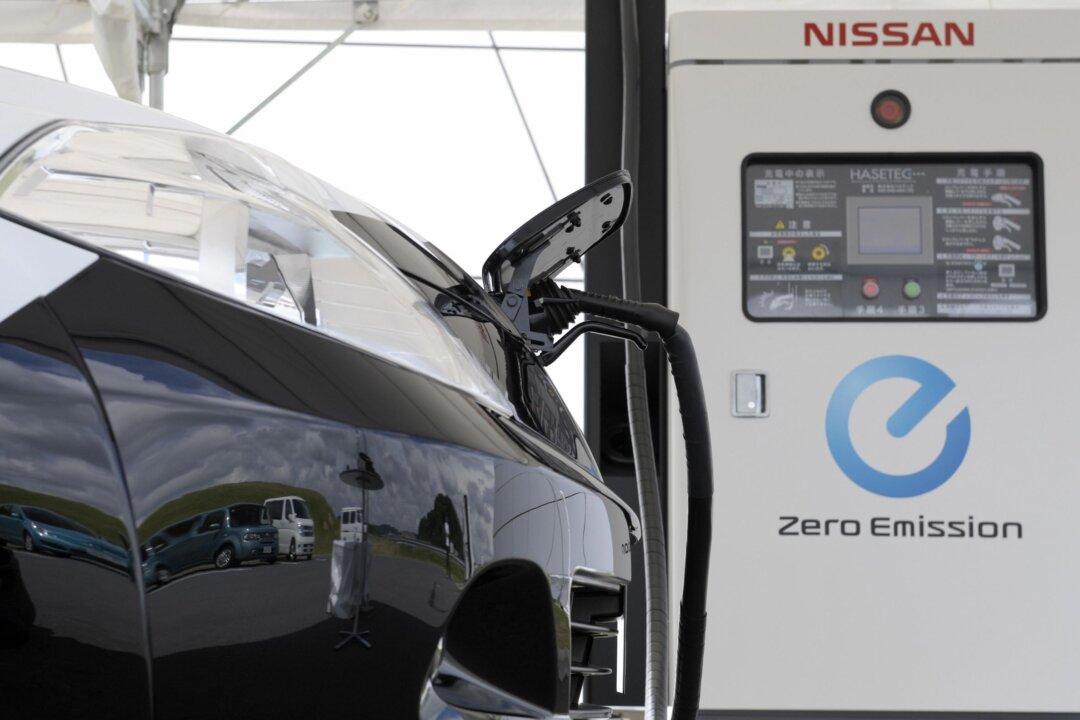Electric vehicle (EV) owners will be badly hit by a steep rise in energy prices, UK motoring group RAC has warned.
Ofgem, the UK’s energy regulator, announced on Aug. 26 that the energy price cap for around 24 million households in England, Scotland, and Wales will rise by 80.06 percent on Oct. 1, sending the average household’s yearly bill from £1,971 to £3,549 ($4,200).





